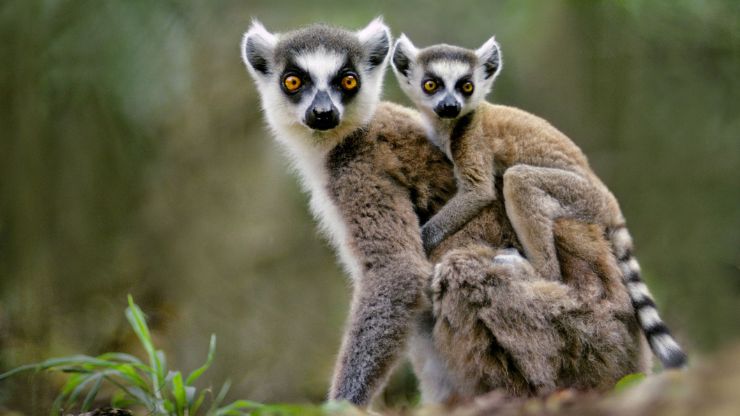Animals You Should Not Keep As Pets – Exotic pets, while alluring to some, often present a myriad of challenges and risks that make their ownership both legally and ethically contentious. Defined by their non-traditional nature and typically originating from wild habitats, these animals vary widely in terms of size, behavior, and environmental needs. However, the allure of owning a unique or unconventional pet can overshadow the considerations necessary for their proper care and the impact on both the animal and its environment. This article aims to shed light on the animals that should not be kept as pets due to the inherent difficulties in meeting their complex needs. By exploring the legal and ethical implications, as well as providing insight into specific species, readers can gain a better understanding of why certain animals are unsuitable for domestication. Ultimately, the goal is to promote responsible pet ownership and encourage individuals to consider alternative ways to appreciate and interact with wildlife that prioritize animal welfare and conservation efforts.
Table of Contents
ToggleAnimals You Should Not Keep As Pets
Exotic or Wild Animals:
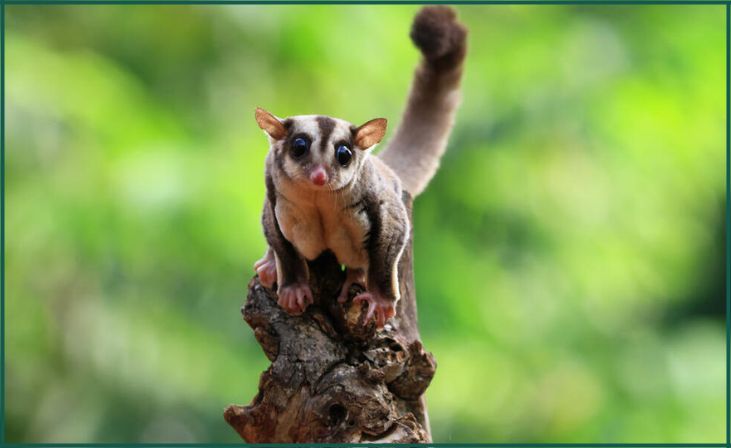
Keeping exotic or wild animals as pets poses significant challenges due to their natural instincts, size, and specialized care requirements. Big cats like lions and tigers are apex predators with powerful jaws and sharp claws, making them dangerous even when raised in captivity. Primates such as chimpanzees and monkeys have complex social structures and can become aggressive or develop behavioral issues when kept as pets. Large reptiles like crocodiles and alligators require vast amounts of space, specific temperature and humidity levels, and a diet of live prey, making them unsuitable for most households.
Also, Read – Top 10 Dog Breeds to Safeguard Your Family
Venomous Reptiles:
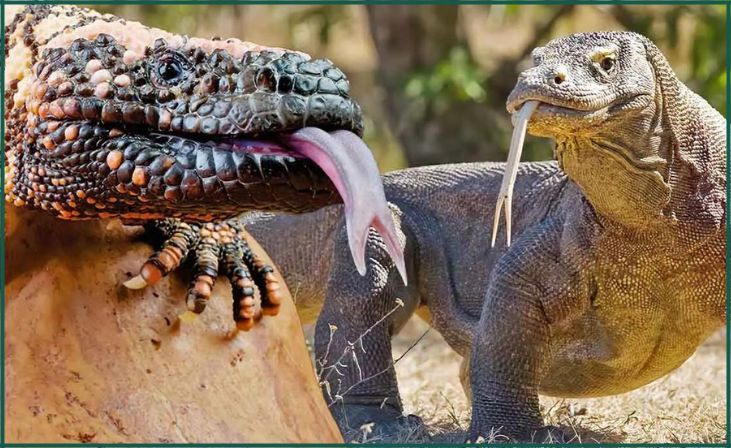
Venomous reptiles, including snakes and spiders, present serious risks to inexperienced owners. Handling venomous snakes requires specialized knowledge and equipment to avoid accidental bites, which can result in severe injury or death. Similarly, certain species of spiders possess potent venom that can cause allergic reactions or tissue necrosis. Even with proper precautions, the risk of envenomation remains significant, making these animals unsuitable for most people as pets.
Large Constrictor Snakes:
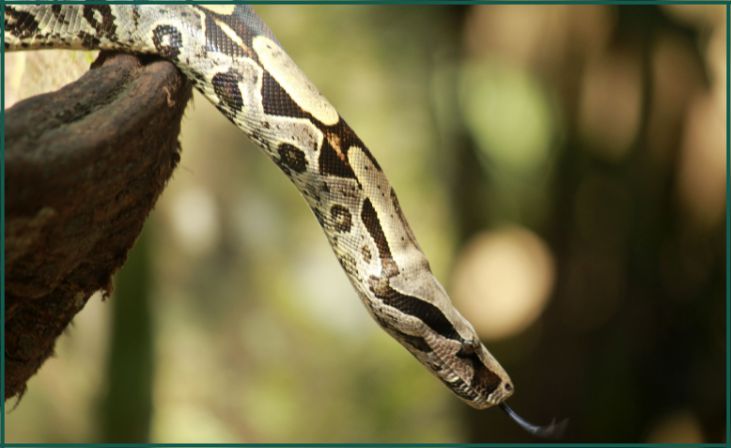
Large constrictor snakes like Burmese pythons and boa constrictors can grow to lengths exceeding 10 feet and require substantial enclosures to accommodate their size. Despite their popularity in the pet trade, these snakes can be challenging to care for properly. Improper handling or housing can result in stress-related health issues or escape attempts, posing risks to both the owner and the surrounding environment. Additionally, the release of non-native constrictor snakes into the wild has led to ecological imbalances in certain regions, making responsible ownership crucial.
Wild Rodents:
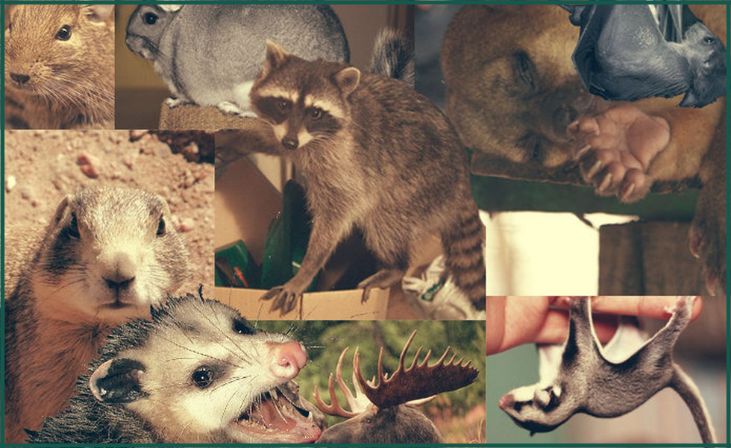
While rodents like squirrels, raccoons, and skunks may appear cute or exotic, they are not suitable pets for most people. These animals have specific dietary and environmental needs that are difficult to meet in a domestic setting. Additionally, wild rodents can carry diseases transmissible to humans, such as rabies and leptospirosis, posing health risks to both owners and their families. Furthermore, their natural behaviors, such as chewing and digging, can cause damage to property and make them unsuitable for indoor living. Despite their appeal, it’s essential to respect the wild nature of these animals and refrain from attempting to domesticate them.
Don't just scroll, subscribe!
BuzzTrail's unique web-stories are the cure for boredom you've been waiting for.
Also, Read – 9 Types of Siamese Cats Based on Body and Color
Certain Amphibians:
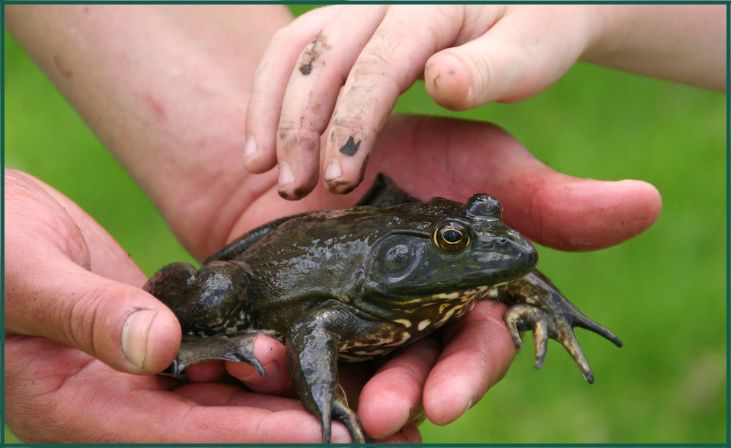
While amphibians like frogs and salamanders can be fascinating creatures to observe, they require specialized care to thrive in captivity. Species with sensitive skin, such as certain frogs, are particularly susceptible to environmental changes, including temperature, humidity, and water quality. Maintaining the proper conditions for these animals can be challenging, especially for inexperienced owners. Furthermore, some amphibians secrete toxins through their skin as a defense mechanism, which can be harmful if ingested or if it comes into contact with mucous membranes. Due to these factors, it’s essential to research the specific requirements of any amphibian species before considering them as pets.
Large Birds:
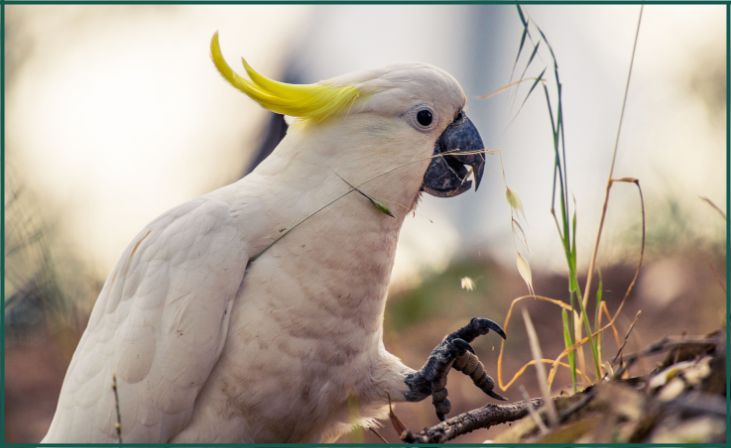
Large birds, such as parrots and macaws, are highly intelligent and social animals that require extensive care and attention. In the wild, they live in complex social groups and engage in intricate behaviors, which can be challenging to replicate in a domestic setting. Without proper mental stimulation and social interaction, these birds can develop behavioral issues like feather plucking, aggression, or depression. Additionally, their long lifespans mean they may outlive their owners, requiring careful planning for their care in the event of owner incapacity or death. Furthermore, large birds have powerful beaks and strong talons, which can cause injury if they feel threatened or frustrated. Due to these factors, large birds are not suitable pets for everyone and require committed and knowledgeable owners willing to provide for their complex needs.
Wild Cats:
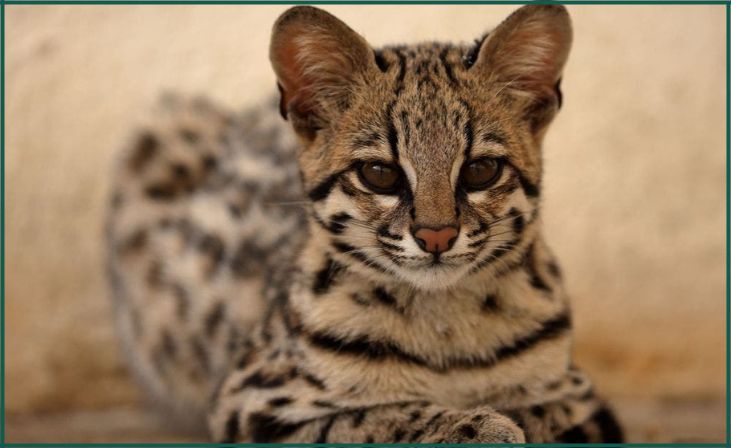
While domestic cats are popular pets, wild cat species like servals and caracals are not suitable for most households. These animals have specific dietary requirements, environmental needs, and behavioral characteristics that are difficult to accommodate in a domestic setting. Additionally, their wild instincts can manifest in behaviors like spraying, marking territory, and aggression, which can be challenging to manage. Furthermore, wild cats require large enclosures or outdoor spaces to accommodate their natural behaviors and provide adequate exercise and enrichment. Without proper care and understanding of their needs, wild cats can become stressed, unhealthy, or pose risks to themselves and their owners. Due to these factors, it’s essential to research and understand the unique requirements of wild cat species before considering them as pets.
Invasive Species:
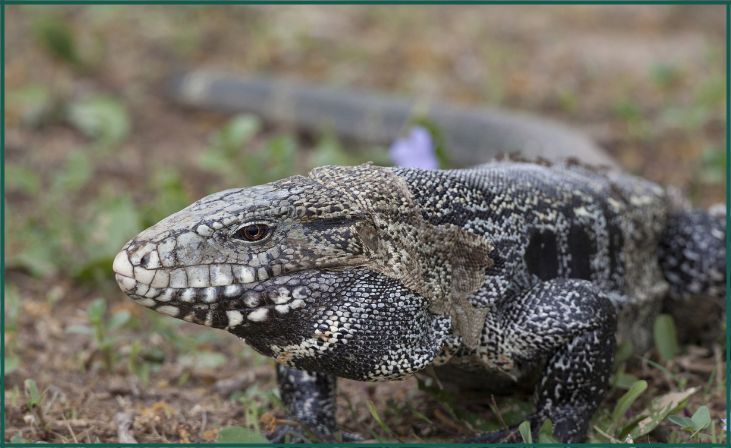
Keeping invasive species as pets can have serious ecological consequences if they escape or are released into the wild. Invasive species are non-native organisms that outcompete native species for resources, disrupt ecosystems, and cause harm to the environment. Releasing pets into the wild, intentionally or unintentionally, can lead to the establishment of invasive populations, which can have far-reaching effects on native wildlife and habitats. Additionally, invasive species may carry diseases or parasites that can be transmitted to native species, further compromising ecosystem health. To prevent the spread of invasive species, it’s essential to research local regulations regarding pet ownership and responsibly care for and dispose of pets when necessary. By understanding and respecting the potential impact of invasive species, pet owners can play a crucial role in protecting biodiversity and preserving natural ecosystems.
Conclusion
Conclusion: In conclusion, the risks and challenges associated with keeping exotic pets highlight the importance of responsible pet ownership. By understanding the legal and ethical considerations, as well as the specific needs of these animals, individuals can make informed decisions that prioritize animal welfare and conservation. Choosing alternative ways to appreciate wildlife, such as visiting sanctuaries or supporting conservation efforts, ensures that both humans and animals can coexist harmoniously while safeguarding the well-being of all species involved. Let’s strive for a world where compassion and respect guide our interactions with animals, whether they’re traditional pets or creatures of the wild.
FAQs
Why are some animals not suitable as pets?
Why are some animals not suitable as pets?
Certain animals have specific dietary, habitat, and social needs that are challenging to meet in a domestic setting. Additionally, some species pose safety risks to humans due to their size, behavior, or natural instincts.
What are the legal implications of owning exotic pets?
What are the legal implications of owning exotic pets?
Laws and regulations vary depending on the location and the species of the animal. In many places, owning exotic pets may require special permits or licenses, and some species may be entirely prohibited.

